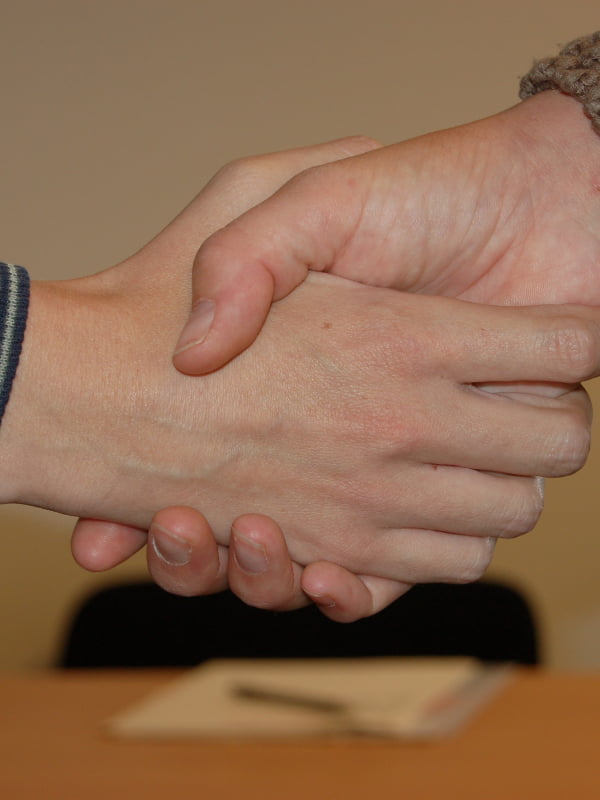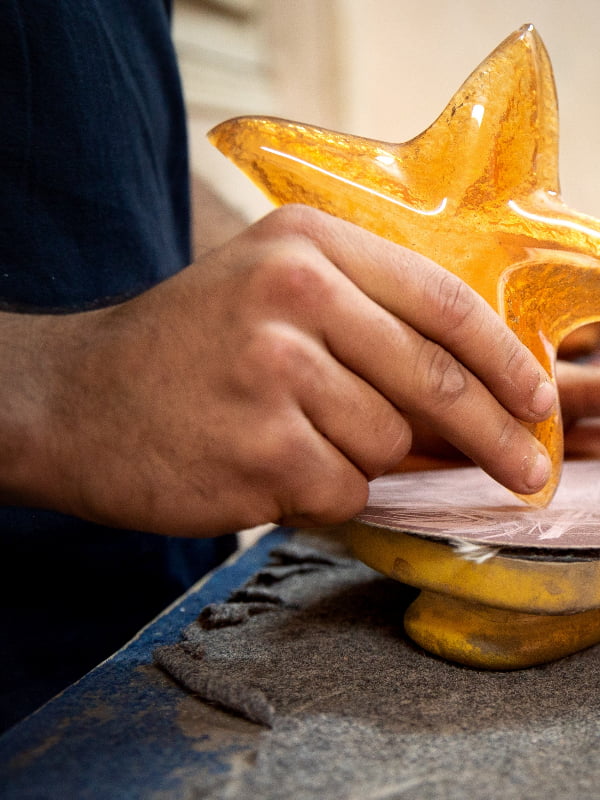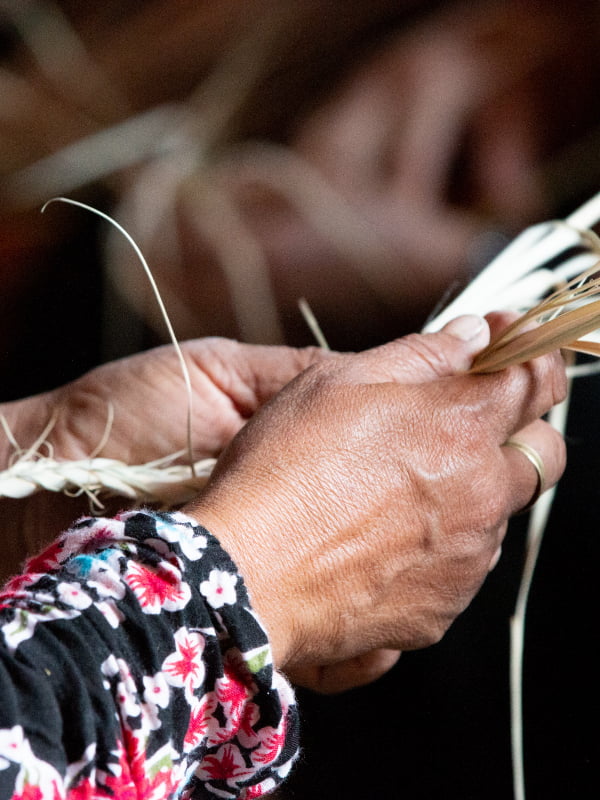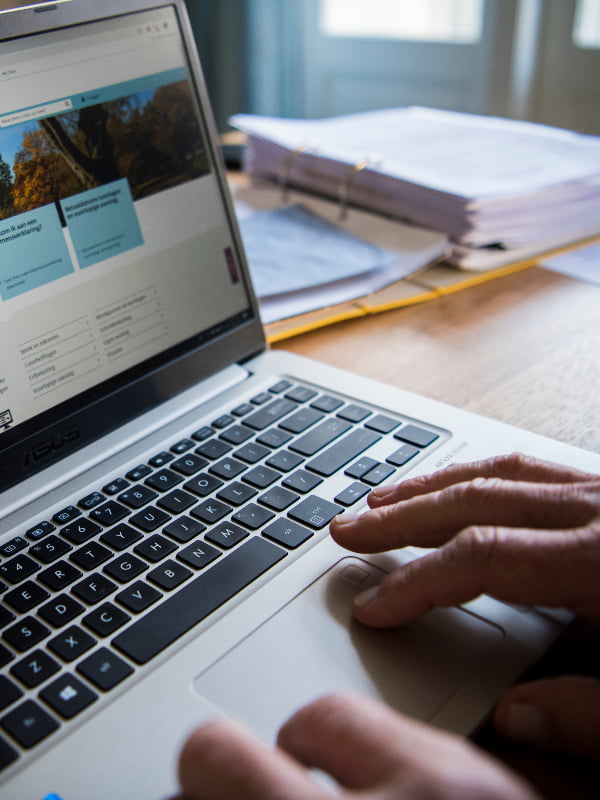Enforcing Your Patent: Costs
Fees are the costs involved in filing and maintaining a patent. There are annual fees in addition to a filing fee and a fee for carrying out a novelty search.
An annual fee forms the annual contribution for a patent right. The patent holder pays a sum annually in order to maintain his/her patent right. Annual fees are also sometimes known as maintenance fees. Sometimes you are also required to pay to maintain a patent application. This is the case when applying for a European patent, for example.
Lapse
If you fail to pay an annual fee on time, the patent right will lapse. If a patent right lapses, it may only be restored in particularly exceptional circumstances. In that case, you must submit a request in writing within 1 year of the date on which it lapses. This is known as the application for restoration of a patent.
Patents in the Netherlands
In the case of a patent in the Netherlands, you begin to pay the annual fee prior to the beginning of the 4th year following the filing of the patent application. A patent in the Netherlands provides protection for a maximum period of 20 years.
An annual fee may be paid no later than 6 months following the date of lapse. A fine is payable however, namely 50% of the amount due.
European patents
Once a patent has been granted by the European Patent Office, it is converted into national patents. Your patent will enter into force as of the grant date of the European patent in those countries in which you filed a translation of the patent within the period stipulated. A fee of € 25 applies to filing a Dutch translation of a European patent granted by the European Patent Office.
In a number of countries, the translation must be certified by a patent attorney in those countries. The regulations of the country’s national patent legislation also apply to the continued maintenance and enforcement of the patent. This means, for example, that the maintenance fees must be paid to the national patent authorities and that national judicial procedures apply to the enforcement of the patent. A European patent also remains valid for a maximum of 20 years.
European patents in the Netherlands
If you wish to validate your European patent in the Netherlands, you are required to file a Dutch or English translation of your patent application with our office.
Worldwide patent
In contrast to the European Patent Convention, an international patent application with the World Intellectual Property Organization (WIPO) does not directly result in a patent being granted. By following this procedure, a number of stages in the various national procedures are omitted. A worldwide patent does therefore not exist.
When filing an international application, an international novelty search is carried out, followed by a publication and, if required, a provisional examination. This completes the PCT procedure. The results of the search and any examination will subsequently pass over to the national patent-granting authorities or the European Patent Office. These authorities are able to complete the process and subsequently decide whether or not to grant a patent. You may file an application directly with the World Intellectual Property Organization (WIPO) or initially with your national patent office. If you are granted a patent, it will remain valid for a maximum of 20 years.
Infringement
Finally, you must also take into account that there may be costs in asserting your rights in the event of a patent infringement. The amount you should set aside depends on the risk of infringement and the legal costs in the country in which the infringement occurs.
Questions about patents?
If you need more information on how to apply for a patent in the Netherlands, please contact the public information office.



